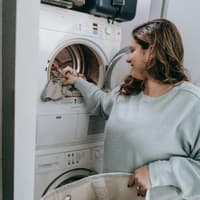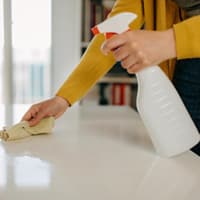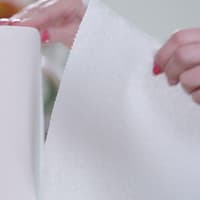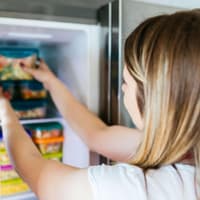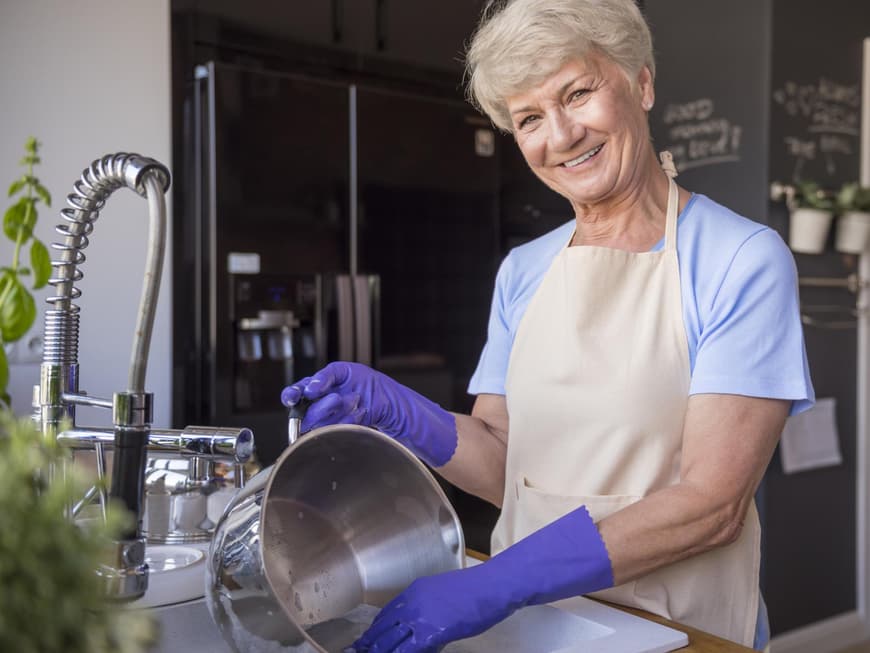
No, just because it says "organic" does not necessarily mean that a product is good for the environment: For example, when it comes to potatoes from hot Egypt, which are first heavily irrigated there and then have to endure a long transportation route. And what about other statements on sustainability?
"Paper is much better than plastic" Not quite true.
Of course, plastic is the number one polluter. It doesn't decompose, pollutes the oceans and has deadly consequences for animals. Paper bags do degrade, but it takes a lot of energy and chemicals to produce them. It is best to use reusable fabric bags. You can also decorate them individually.
"After leaving a room: switch off the lights" is not quite true.
If you only leave the room for a few minutes, you should leave the light on: When they are switched on, even energy-saving lamps consume as much energy as they subsequently need to operate for around three to five minutes.
"Better to use glass bottles" Not quite true.
More important than the distinction between plastic and glass is the distinction between disposable and reusable. According to a study by Deutsche Umwelthilfe, disposable bottles travel 520 kilometers from production to the customer and from there to disposal - around twice as much as reusable bottles. They are also refilled up to 50 times. If you opt for reusable plastic bottles, just make sure you don't store them in the sun, as otherwise harmful substances can dissolve from the plastic.
"Saving water helps the environment" Not quite true.
Saving water in the household is worthwhile - for your own wallet. But if too little water flows through the sewer system to keep the pipes clear, the waterworks have to flush it out. The environment benefits nothing from this.
"Opt for green electricity" True.
But be careful when choosing a supplier, because the term "green electricity" is not protected! Many large energy companies only redistribute electricity shares. It's better to opt for pure green electricity providers.
"It's better to wash dishes by hand" Not true.
Studies show that washing in the machine uses less energy and water than washing by hand. Always fill the machine completely, avoid pre-washing and select an economy program at a low temperature.
"Wash laundry on a short program" is not true.
A lot of energy is used here to achieve a good cleaning result more quickly. The so-called eco programs are the most economical. They run for up to three hours. This gives the detergent more time to work, so that lower temperatures are sufficient for thorough cleaning.
"Only ever buy fruit regionally" Not quite true.
Buying fruit from the region is only better for the environment if it is not stored in cold stores. However, this is only the case during the harvest season and shortly afterwards. It is therefore best to always buy fruit and vegetables seasonally: The carbon footprint of transporting them from overseas is lower than the very energy-intensive storage of local fruit. In our seasonal fruit and vegetable calendar, you can find out exactly when you can buy which fruit and vegetables regionally!
You might also be interested in this:
Sustainability in everyday life: How you can personally save the environment
10 surprising energy-saving tips
Eat sustainably with a clear conscience
Eco-friendly cleaners: make your own cleaning products
The best washing tips: Environmentally friendly and energy-saving
Living an environmentally conscious life: How can we really help nature?

